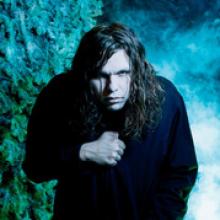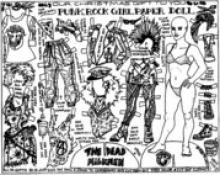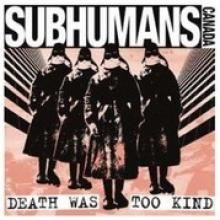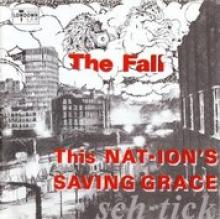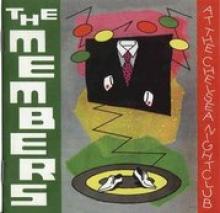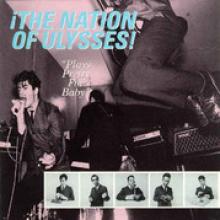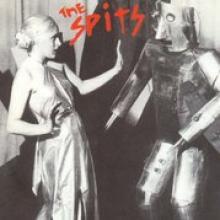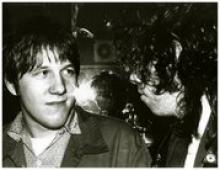Jay Reatard: This Weirdo Sitting in the Bushes (Part One)
Releasing music with no less than six bands over a decade points to the song-writing proclivities of Jay Reatard (née Jay Lindsey). Working in almost as many sub-genres of punk as different bands, Reatard has crafted a career and persona of an unabashed loud-mouth who refuses to bow before genre restrictions, cultural trends or record labels.
Slowing his pace of recording only to tour over the last three years, the singer and guitarist moved from underground adulation to broader recognition, even winding up on MTV News at one point.
All of Reatard’s recordings and recent successes, though, haven’t made navigating the music business any more hospitable. Speaking from his Memphis home, Reatard remembers his past, and talks about heading to Hollywood.
DJC: It’s interesting to hear your speaking voice, because you sound different on each album.
JR: I just kinda think that it’s an instrument, you know? Whatever the song calls for is the voice that comes out. I don’t really think about it. Even when I go to write a melody, I go to sing it into the recorder for the first time and it usually becomes obvious to me how it should be sung.
DJC: On your first solo record [Blood Visions, In the Red Records] it’s striking how British you sound throughout the whole thing.
JR: It’s weird because I never tried to sing in any specific kind of accent. I knew I was putting emphasis on certain syllables or certain words…just for dramatic effect.
DJC: The vast majority of songs in any genre are about girls. So was it one girl that you were writing about on Blood Visions or was it an amalgam?
JR: It’s kinda weird people always think I’m writing about girls in a romantic sense. A lot of times my lyrics might be subtle enough that people make that mistake. I’m talking about some cliché - people outside of my little world. And I just generalize it…
DJC: “I See You Standing There” isn’t about a girl you know, it’s about the idea of some woman at a park with her kids?
JR: It’s about my views on life…If you’re going to end up being a generic American in your mini-van that drives your fucking kid to soccer practice everyday, I’m always going to be this weirdo sitting in the bushes.
DJC: Is it bothersome that folks misread your work? Has that affected your writing?
JR: You can write about anything you want to write about if you present it so simply that people tie it in to things they relate to. Everyone can relate to relationship problems or being pissed off or basic human emotions…It doesn’t aggravate me, it just kinda validates it.
DJC: When you were growing up were the Oblivians [a Memphis garage band from the ‘90s] around still?
JR: I saw the Oblivians for the first time in probably about ’95. I was 15 and didn’t really know who they were. They actually didn’t even say who they were and got kicked off stage for being too drunk after three songs…I pretty much got their discography at the time. Before email, there was this mailing address on the back of their records. So, I mailed them a letter and gave them my phone number. Eric [Friedl], the guitar player, called me and he would come pick me up on weekends and bring me to shows…
